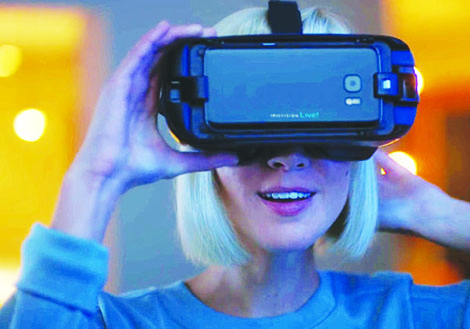As around 10,000 baby boomers turn 65 in America every day, seniors are expected to outnumber children within the next 15 years. So some tech companies are shifting their focus to this “active aging†market, which is expected to reach nearly $30 billion by 2023.
Already, about 6 million older adults live alone. Startups in particular are launching new technoogy tools designed to help them age in place independently. One such product is IrisVision, a smart headset to help the vision-impaired and legally blind regain their sight.
IrisVision (Irisvision.com) combines virtual reality hardware and a customized Samsung smartphone to enable low-vision patients to see the faces of loved ones, watch television, read books, work, cook and travel. Developed by vision scientists at Stanford University, Johns Hopkins University and University of California-Berkeley, IrisVision is backed by the National Eye Institute and approved by the Federal Drug Administration as a medical device.
Some other tech products with an eye on older adults:
- Lively, an online retailer, sells hearing aids that come with two years of on-demand audiologist service. Customers can get it all in the comfort of their living room.
- Aira combines a mobile app, optional smart glasses, and a dashboard to capture information in a senior’s environment that trained agents can use to direct them through virtually any activity, all in real time and on demand.
